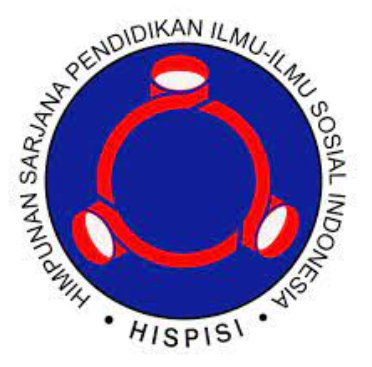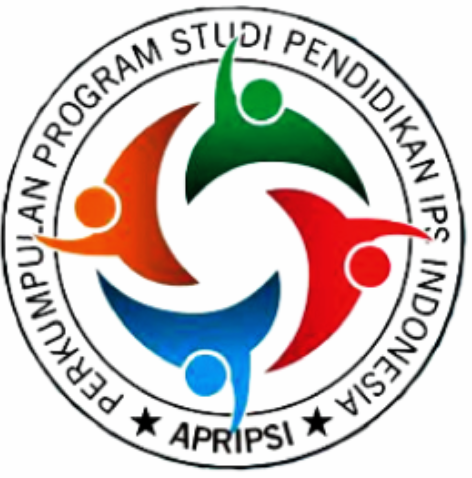Penggunaan Media Pembelajaran Roda Impian untuk Meningkatkan Hasil Belajar IPS Siswa Di SMP Negeri 217 Jakarta
Keywords:
Learning Media, Dream Wheel, Social Studies Learning OutcomesAbstract
This study aims to determine the use of the dream wheel learning media to improve student learning outcomes and activeness subjects in social studies. The method used Classroom Action Research. Data collection using test and non-test techniques, in the form of tests of learning outcomes, observation and interviews. The sample or subject is class VII-A conducted in Jakarta 217 Junior High School in the second semester of 2017/2018 academic year. Based on the results of the study showed an increase in student learning outcomes of class VII-A in Jakarta 217 Junior High School. The average value of student learning outcomes in cycle 1 was obtained 67.1, cycle 2 was obtained 80.2, cycle 3 was obtained 89.2. In addition, the use of the dream wheel in social studies learning is able to increase students' activeness in terms of asking, answering, arguing and solving problems. Thus it can be concluded that the use of the learning media of the dream wheel can improve social studies learning outcomes and the activeness of class VII-A students in Jakarta 217 Junior High School.
Downloads
Published
How to Cite
Issue
Section
License
Authors who publish with this journal agree to the following terms:
- Authors retain copyright and grant the journal right of first publication with the work simultaneously licensed under a Creative Commons Attribution ShareAlike License that allows others to share the work with an acknowledgement of the work's authorship and initial publication in this journal.
- Authors are able to enter into separate, additional contractual arrangements for the non-exclusive distribution of the journal's published version of the work (e.g., post it to an institutional repository or publish it in a book), with an acknowledgement of its initial publication in this journal.
- Authors are permitted and encouraged to post their work online (e.g., in institutional repositories, pre-prints sites or on their website) prior to and during the submission process, as it can lead to productive exchanges, as well as earlier and greater dissemination of published work






